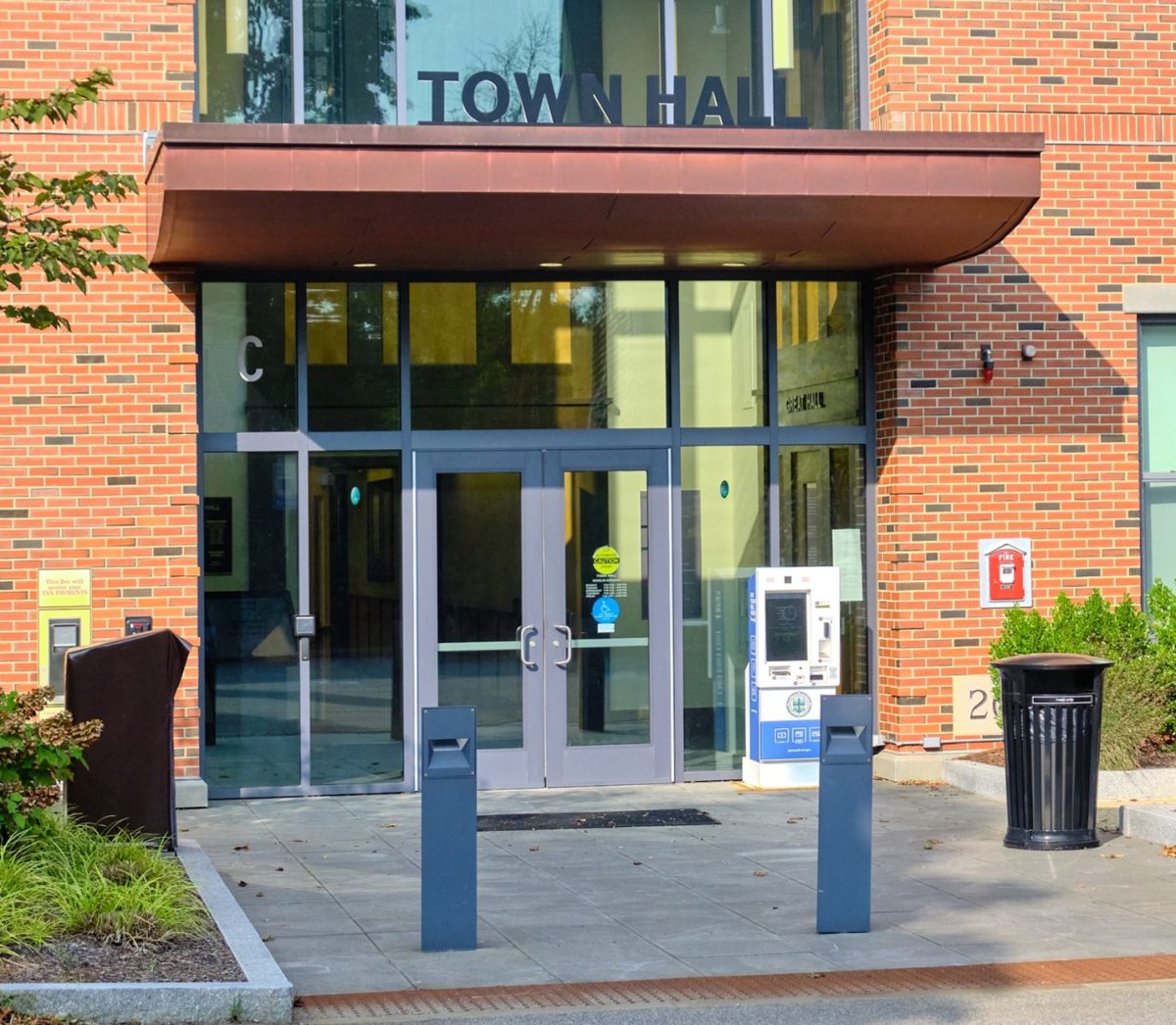How’s this for a positive spin on local taxes? Your bills aren’t going down, but the town is giving you more options for paying them.
It’s in the process of moving to a more user-friendly online portal, starting with the latest batch of quarterly water and sewer bills. The new system, called InvoiceCloud, has features that weren’t available through Unipay, the payment portal service the town has used for years. They include the ability to go paperless and to pay-by-phone, text, and other methods.
InvoiceCloud also offers due date reminders and the ability to set up automatic payments, as many already people do with utilities or streaming services. Those payments can even be broken down into automatic monthly installments, making them easier to incorporate into a household budget.
The hope is that it will result in fewer “I never got a bill” complaints, along with the accompanying late fees and social media rants.
“Water and sewer is the first bill that went live,” said Lynne Barrett, Plymouth’s director of finance, who has been on a mission to upgrade her department’s technology. “We plan on transitioning every other tax bill into this new portal.”
Next up will be motor vehicle excise tax bills, which are expected to be sent out by the end of this week. They account for the largest number of bills, about 60,000. In June, real estate and personal property tax bills will move to the new portal, followed by excise payments for boats.
A notice explaining the move was included in the most recent quarterly water and sewer bill mailed to residents on the town sewage system, but Barrett knows not everyone will get the message that way.
“We have a lot of customers who, unfortunately, ignore all four quarters of their water and sewer bill,” she said. “And then in the summertime, they get a hanger on their front door that says ‘if you don’t pay your water and sewer bill, your water is going to get shut off.’ So then they come to Town Hall.’”
The resulting conversation can be unpleasant for both parties.
With InvoiceCloud, you can pay through a linked checking account or a debit or credit card – such as Mastercard, Visa, American Express, and Discover – Apple Pay, Google Pay, PayPal, Venmo, eCheck, or pay-by-phone. You can also pay by text or by scanning a QR code.
But be aware that there’s a significant expense attached to this added convenience. Paying via a linked checking account only costs 75 cents, but if you opt for any of the platforms listed above, you’ll be hit with a 2.95 percent service fee. A $2,000 quarterly tax bill, for example, would cost an additional $59. That adds up to almost $250 a year.
Paying by phone comes with a 95-cent charge, plus what Patricia Meachen, the town’s treasurer/collector, said are “any applicable service fees.”
You can still pay the old school way – by putting a check in the mail. (Don’t forget the 63-cent stamp.) Or you can pay by the really old school way – in person at Town Hall by handing a payment to a clerk, or by inserting it into a secure box.
“Some of the older taxpayers are still wedded to writing out checks and that kind of thing, or actually hand delivering them to Town Hall,” Barrett said. “There are people that are generally suspect of paying things online, especially taxes.”
InvoiceCloud says personal “information is kept confidential, secure, and backed by the highest security standards.”
For the absent-minded among us, the system will push out “at least three” notifications of a bill’s due date, Barrett said, by text and email.
Barrett said town finance officials are planning to make a presentation at an upcoming select board meeting to help “get the word out” about the conversion. The next rounds of paper bills, starting with real estate, will also include a notice of the change. But with both Unipay and InvoiceCloud active during the transition, there’s bound to be some confusion.
“It’s new,” she said, “so obviously there is a learning curve.”
Here’s a list of some upcoming 2024 due dates:
April 1 – The last day to file exemption, hardship, and tax deferral applications.
May 1 – 4th quarter real estate tax bill due.
Aug. 1 – 1st quarter real estate tax bill due.
Nov. 1 – 2nd quarter real estate tax bill due.
For questions about town-related bills, call 508-747-1620, ext. 10291, or email
collector@plymouth-ma.gov.
Mark Pothier can be reached at mark@plymouthindependent.org.

